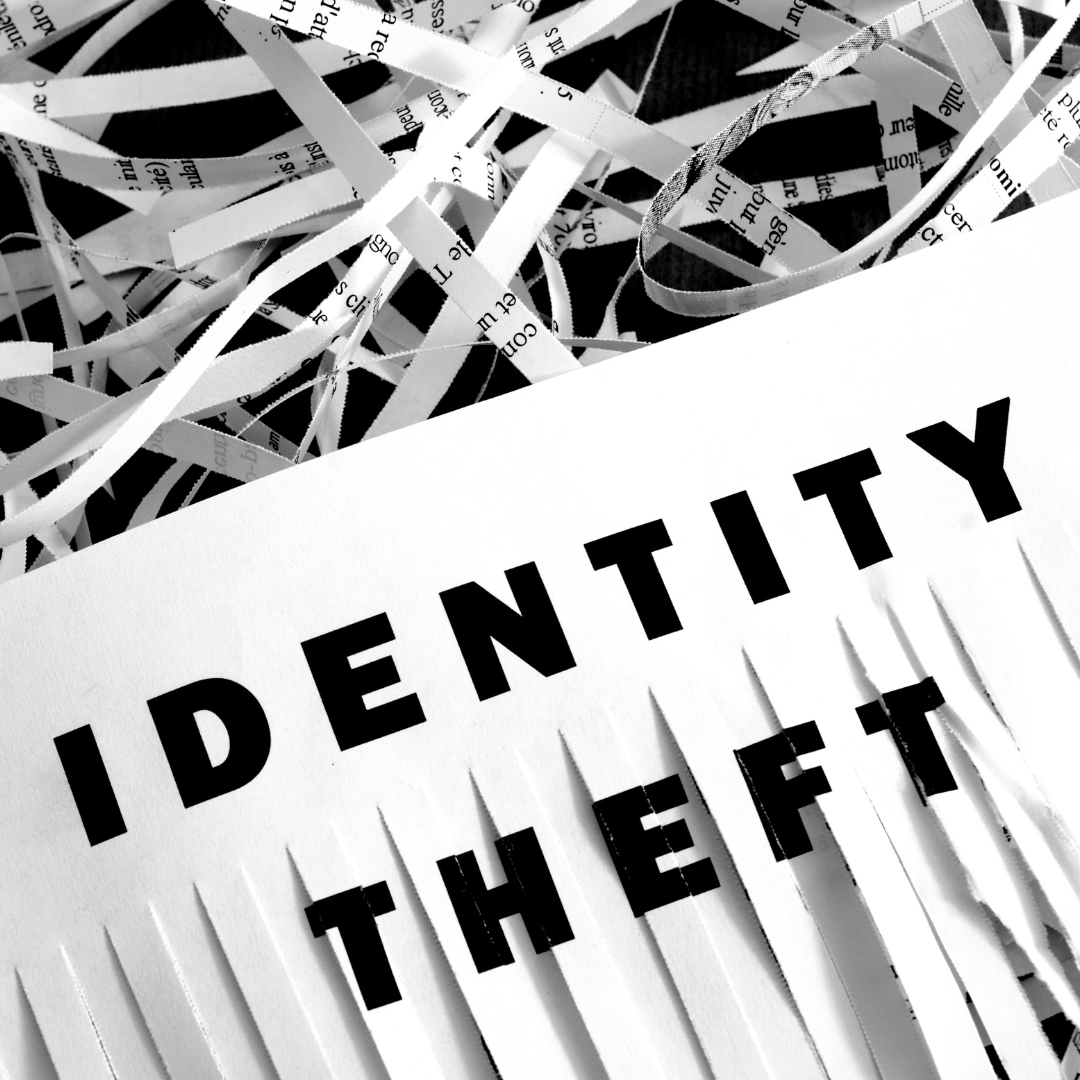Insurance: Protect Ourselves From Identity Theft
It’s been said that there are three things we should never put into our wallets:
- Our Social Security card
- A picture of our family
- An insurance policy
Here are some tips to help us protect ourselves from identity theft in the future.
What is Identity Theft?
Identity theft is stealing another person’s identity to commit fraud or other crimes. Identity theft can happen when someone takes our personal information, such as our name, date of birth, social security number, and bank account number, without our consent. This information can then be used to commit fraud or other crimes.
What is Identity Theft Insurance Policy
Identity theft is one of the most common crimes in the United States. According to the Federal Trade Commission, an estimated 1.5 million Americans were victims of identity theft in 2016. Identity theft can happen when someone steals our personal information, such as our name, Social Security number, and date of birth.
To protect ourselves from identity theft, we should have an insurance policy that covers identity theft. This policy will cover us for financial losses caused by identity theft, such as fraudulent charges on our credit cards or bank accounts. We may also be eligible for reimbursement for costs associated with fixing the damage done by identity thieves, such as hiring a lawyer or forensic specialist to recover stolen information.
It’s important to note that not all insurance policies are designed to protect us from identity theft. Make sure we review our policy carefully before signing up for it to ensure it’s right for us and covers the types of losses we may experience if our identity is stolen.
How to Protect Ourselves from Identity Theft
If we’re one of the millions of Americans who have been affected by identity theft, there are a few things we can do to protect ourselves. Here are five tips:
Keep Credit Reports Updated
One of the best ways to protect ourselves from identity theft is to update our credit reports. This will help lenders and other potential creditors verify our identity and avoid issuing loans or services to someone else. We can get free credit reports from each of the three major credit reporting agencies every 12 months: Experian, Equifax, and TransUnion.
Lock Down Personal Information
Keeping our personal information-including our social security number, birth date, and address-locked down in a safe place. That means not leaving it lying on laptop screens or in shared folders with friends. And be sure to use strong passwords that include upper and lowercase letters, numbers, and symbols.
Use Two-Factor Authentication (2FA)
Two-factor authentication uses a unique code sent via text or email and a password or PIN to log into our account. This helps safeguard against unauthorized access to our account if someone steals our username and password information.”
Monitor Credit Reports
We can monitor our credit reports for changes if we think our identity has been stolen. This will allow us to detect unauthorized activity, such as opening new accounts or loans in our name. We can get free credit monitoring from the three major credit reporting agencies every 12 months: Experian, Equifax, and TransUnion.
Contact the Police If Something is Amiss
If we believe that someone is using our identity fraudulently, we should contact the police. They can help identify the perpetrator and take steps to protect our identity.
How Much Does an Identity Theft Policy Cost?
An identity theft policy costs anywhere from $10 to $100 per month. The amount we pay will depend on the type of coverage we need and whether or not we have any add-ons, such as a fraud protection plan.
Policies typically include coverage for loss of income, legal expenses, and damage to our credit score. Consider adding a secondary insurance policy that covers losses caused by the unauthorized use of our personal information.
Choosing an insurer with a good reputation and ample coverage options is essential. Also, compare rates before selecting an insurance policy.
Remember that policies often exclude certain types of losses, such as medical expenses related to identity theft. So be sure to ask about exclusions before signing up for coverage.
Identify the Threat and Get Insured
Identity theft is a growing problem, and protecting ourselves from it is essential. One of the best ways to do this is by having insurance that covers identity theft. This way, if our identity is compromised, we’ll be able to get help repairing any damage done and recovering any losses incurred.
Many types of insurance cover identity theft, so research which would be best for us. And remember: always keep our personal information safe by not sharing it unnecessarily and using secure passwords.

